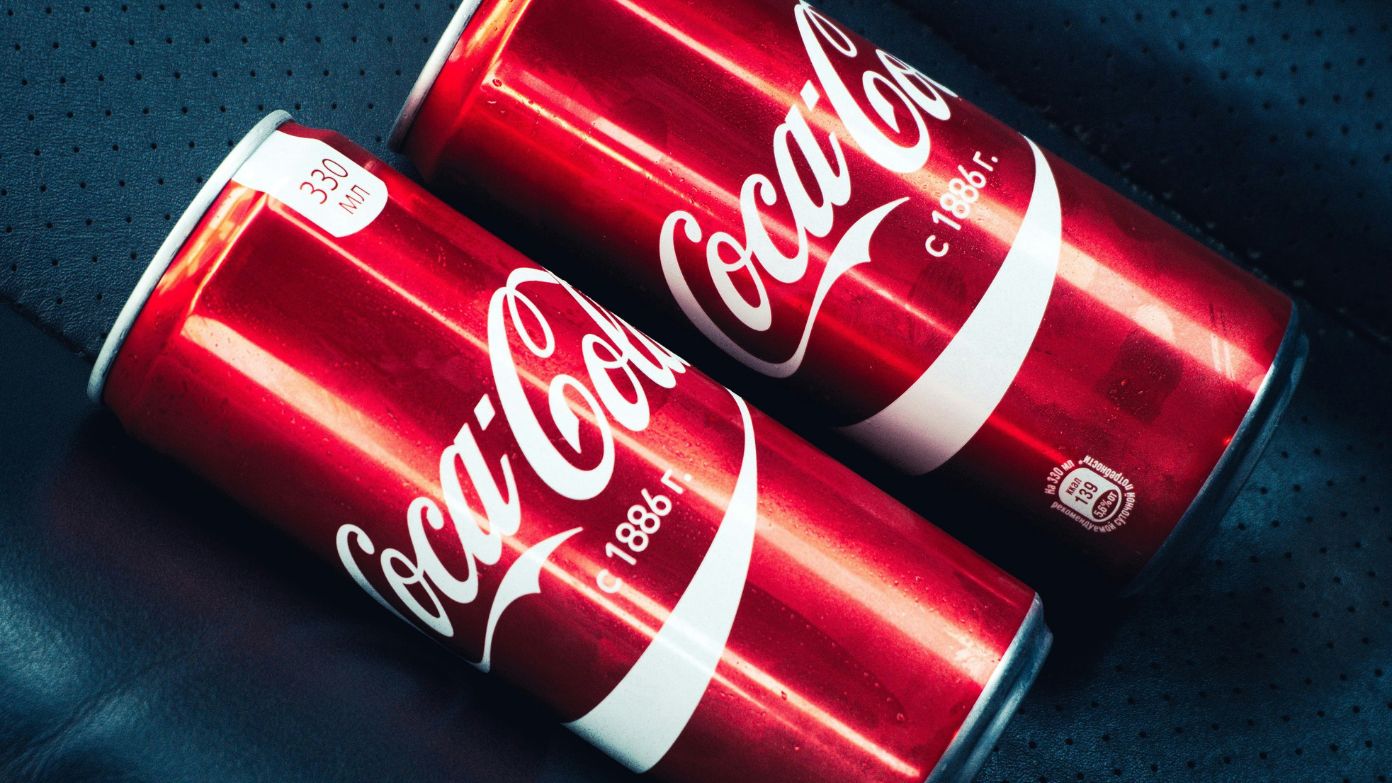You may want to check your fridge: several popular sodas from Coca-Cola are being recalled because of possible contamination. Here is a clear rundown of what is going on, which cans and brands are affected, and what you as a consumer should look out for.
What products are being recalled and why
The recall involves select cans of three soft drinks: Coca-Cola Zero Sugar, Coca-Cola (Original Taste), and Sprite. The reason? They may contain foreign matter, in this case, metal fragments or metal contamination which poses a risk of temporary or medically reversible health issues.
According to the U.S. Food & Drug Administration (FDA), this has been classified as a Class II recall, which means the chance of serious adverse health consequences is considered remote, but the risk is not zero.
Here are the key details:
- The recall was initiated by bottler Coca-Cola Southwest Beverages LLC on October 3, 2025.
- As of the latest update, it covers more than 4,000 cans distributed in Texas.
- The affected products include:
- Coca-Cola Zero Sugar 12-oz can (12-pack and 35-pack)
- Coca-Cola 12-oz can (24-pack and 35-pack)
- Sprite 12-oz can (12-pack and 35-pack)
- The package codes include UPCs such as Sprite 12-pack 49000028928 with date code JUN3026MAB and others.
- Coca-Cola Zero Sugar 12-oz can (12-pack and 35-pack)
- Distribution was limited to Texas (and possibly parts of Oklahoma, New Mexico, and Arkansas served by the bottler) at least for now.
Recommended:
Big changes coming in 2026 for seniors who work while collecting Social Security
How can you tell if your can is part of the recall
If you buy any of these sodas, you will want to check them closely. Here is what to look for so you can decide whether yours might be impacted:
- Check the brand: is it Coca-Cola Zero Sugar, Coca-Cola Original, or Sprite specifically in 12-oz cans in the pack sizes listed above.
- Look for pack size and packaging, for example, 12-packs, 24-packs, or 35-packs.
- Check the UPC / product code and date code on the pack or can: the recall notice lists specific codes. For example, some of the codes for Coca-Cola Zero Sugar include 49000042559 or 49000058499 with date code FEB0226MAA.
- Check your location: the recall is currently limited to products distributed in Texas via the bottler in question. If you are outside that region, you may be less likely to be affected but always check.
If yours matches the descriptions, you should avoid drinking it. The safest option is to not consume the product, and either return it to your retailer or follow any instructions from the manufacturer if available.
What health risks does this recall pose to you
Because this is a Class II recall, the FDA says that the risk of serious health consequences is remote that is, it is unlikely you will suffer life-threatening harm from the contamination.
That said, there are possible risks:
- Ingesting metal fragments can lead to mouth or throat irritation or cut or scratch the inside of your mouth.
- If swallowed, even small fragments might cause digestive discomfort, nausea, or vomiting.
- Especially for children, the elderly, or people with sensitive digestive systems, the risk of injury (even if minor) is higher.
If you consumed a can that you later discover is part of the recall and you feel unusual pain, discomfort, or any physical symptoms, you should consult a healthcare provider right away.
What to do if you think you have one of the recalled sodas
Here is what you should do in plain English:
- Stop drinking the can(s) in question.
- Check the can or pack against the codes and descriptions in the recall notices.
- Dispose of or return the product. If your retailer allows it, you might get a refund or exchange.
- Stay alert: keep an eye on your health. If you feel unwell after drinking one, get medical advice.
- Keep informed: since the recall distribution might change, check the FDA website or Coca-Cola’s official site for updates.
Recommended:
Most Americans are making a costly Social Security mistake, new study finds
Chicago businesses on alert as Mayor moves to revive controversial corporate tax
The government may be shut down, but the debt just hit a new record — in record time

